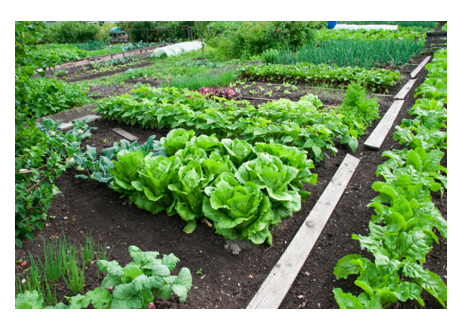 “Going back to living the way the rest of the world lives gives combat veterans serious problems. Other people have not had their experience. In being blooded, the soldier has become a member of an exclusive club, which has high membership fees”.
“Going back to living the way the rest of the world lives gives combat veterans serious problems. Other people have not had their experience. In being blooded, the soldier has become a member of an exclusive club, which has high membership fees”.
That’s the way McManners (1993) describes the battle experience of so many soldiers in his book The Scars of War. “The Club” was protected and brought together through the RSL after earlier wars, where their experience was never really talked about. Instead, they joined with a common silent bond of simply knowing and understanding each other. They met together, they drank together, they escaped the pressure to live “normal” lives.
Today, it seems that returned soldiers are not only quiet about their experience, but also in denial. Although military testing shows that diagnoses of Post Traumatic Stress Disorder (PTSD) occurs in only 2 per cent of all deployed personnel (3,000 per annum), it is widely acknowledged that it does actually affect a significantly higher number than this.
On the eve of this year’s Remembrance Day, I pause to reflect on my own family and friends that have served our country in the most brutal of situations. From my late grandfather to the husbands of my close friends, I can see similarities emerging from their personalities that make it difficult for them to handle certain elements of daily life. They would be the last one’s to admit to living with the symptoms of PTSD, but recognising this condition as I do, I can see elements of it within all of them.
It’s significant that this year I’m travelling to Canberra and will be at the Australian War Memorial for the awards dinner and ceremony of the Institute of Horticulture only the day after Remembrance Day. I shall view my grandfather’s name listed on the wall acknowledging his service.

This will not be the first time war and gardening have been brought together. We saw the “victory garden” demonstration plot at this year’s Floriade festival marking the start of Spring. The call from Prime Ministers and Presidents went out around the world encouraging those at home to “dig for victory” and grow their own vegetables in an attempt to address food and labour shortages that were experienced during war time.
Now, one organisation has attempted to address the psychological needs of those soldiers who returned home after battle. Started by Anna Baker Cresswell in 2007, Gardening Leave now oversees horticultural therapy projects for ex-Servicemen and women throughout the UK growing fruit and vegetables in walled gardens which will provide a peaceful, unpressurised environment where veterans can participate as much or as little as they choose in the life cycle of the garden.
http://www.youtube.com/watch?feature=player_embedded&v=qLpZokue-aU
As we remember the fallen and the returned soldiers this year in Australia, remember also that there is hope and rehabilitation sometimes in the simplest of things …… gardening!
Lest we forget.




 Twitter
Twitter Facebook
Facebook
A really great post Toni and thank you so much for your contribution to The Brave Discussion. We always get lots of interest in your insightful posts.